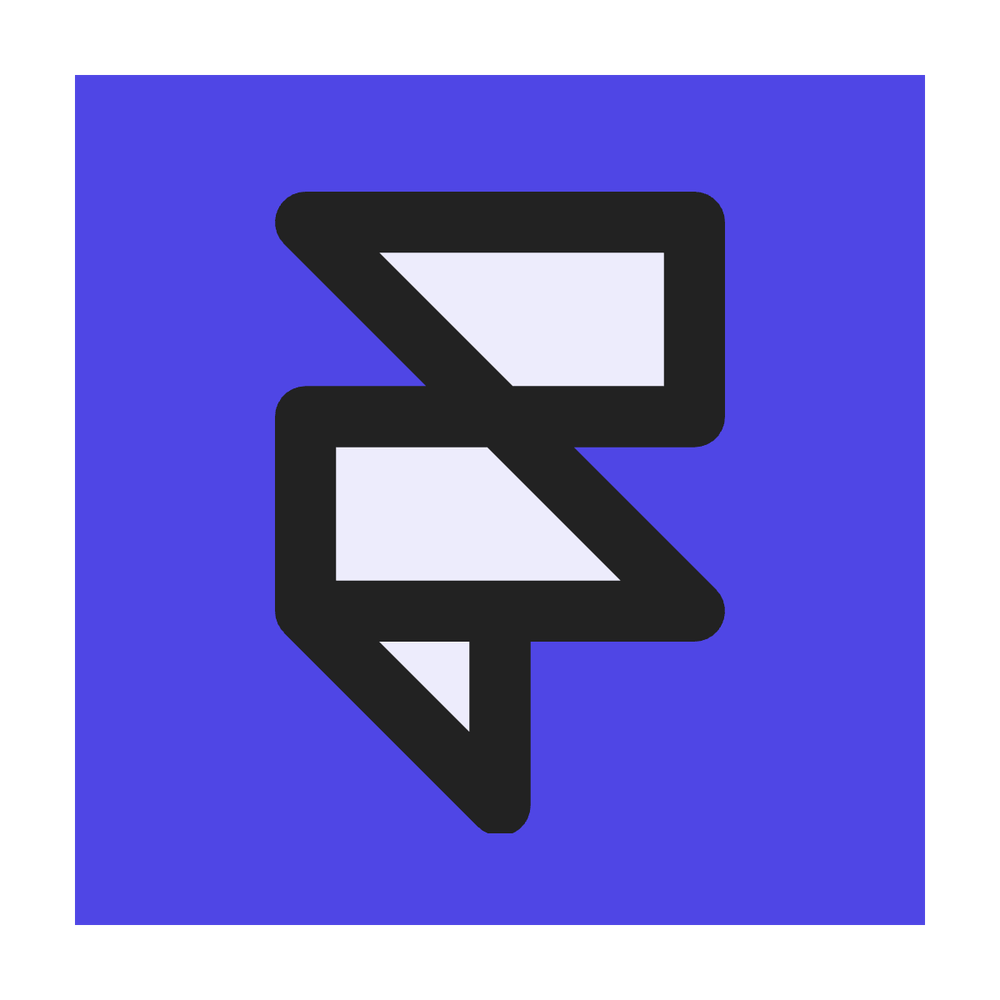Content Toolkit is an extensive online directory dedicated to cataloging and organizing a vast array of Content Management Systems (CMS). It serves as a comprehensive resource for individuals and businesses seeking the ideal CMS solution for various needs, from personal portfolios and blogs to complex enterprise websites and e-commerce platforms. The platform prides itself on offering a curated collection of over 350 CMS options, making the often-overwhelming process of selecting a content management system significantly simpler and more efficient.
The core functionality of Content Toolkit revolves around its robust search and filtering capabilities. Users can explore CMS options based on highly specific criteria, leveraging categories such as "Open Source," "Blogging," "Website Builder," "Developer-Friendly," "Documentation," "Knowledge Base," "Headless," "E-commerce," and "Learning Management." This granular categorization ensures that users can quickly narrow down their choices to systems that align perfectly with their project requirements and technical expertise. Furthermore, the directory allows filtering by various software licenses, including popular options like GNU AGPLv3, MIT License, and GNU GPLv3, which is particularly useful for developers and organizations with specific licensing compliance needs.
Each listed CMS entry provides a concise overview, highlighting its primary features, target audience, and unique selling points. For instance, WordPress is described as the "World's most popular open-source content management system powering over 40% of all websites," known for its extensive plugin ecosystem and community support. Notion is presented as a "highly versatile all-in-one workspace platform" combining note-taking, knowledge management, and project management. Drupal is recognized for its flexibility and suitability for "complex, scalable web applications," while Payload CMS is noted as a "modern, self-hosted headless content management system built with TypeScript, Node.js, and MongoDB," catering to developers seeking full control. Moodle is highlighted as an "Open-source learning management system" for educational content, and 1C-Bitrix as an "Enterprise-level content management system popular in Russian-speaking markets" with e-commerce and intranet capabilities.
Beyond the directory itself, Content Toolkit extends its value through additional resources. The "Labs" section offers practical tools like a "What CMS" identifier and a "WordPress Theme Detector," providing utility for both beginners and experienced users. The platform also maintains an active "Blog," featuring articles that delve into content strategy, development guides, and industry insights, such as "how to increase blog traffic: proven tips & strategies" and "A Developer's Guide to Node JS CMS Platforms." These articles further establish Content Toolkit as a knowledge hub, supporting users in not only finding a CMS but also in effectively utilizing it.
Content Toolkit is designed for a broad audience, including individual bloggers, small business owners, web developers, enterprise IT departments, and educational institutions. Its user-friendly interface, combined with its comprehensive database and supplementary tools, makes it an indispensable resource for anyone navigating the complex landscape of content management systems. The platform aims to empower users to make informed decisions, ensuring they select a CMS that perfectly fits their operational needs and strategic goals.




